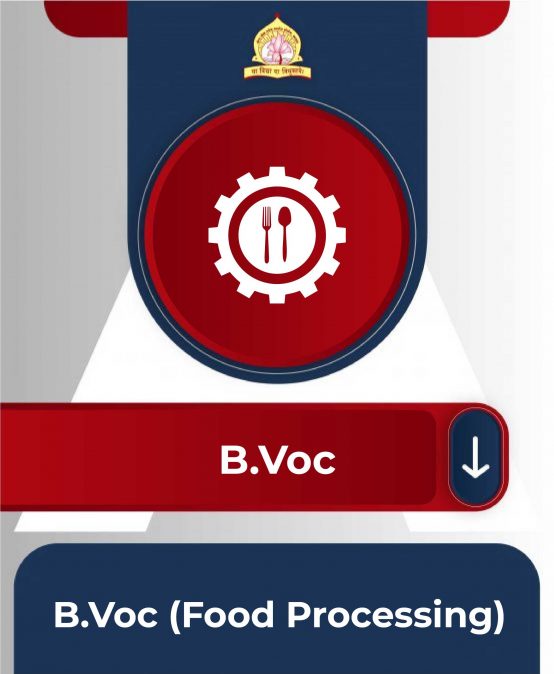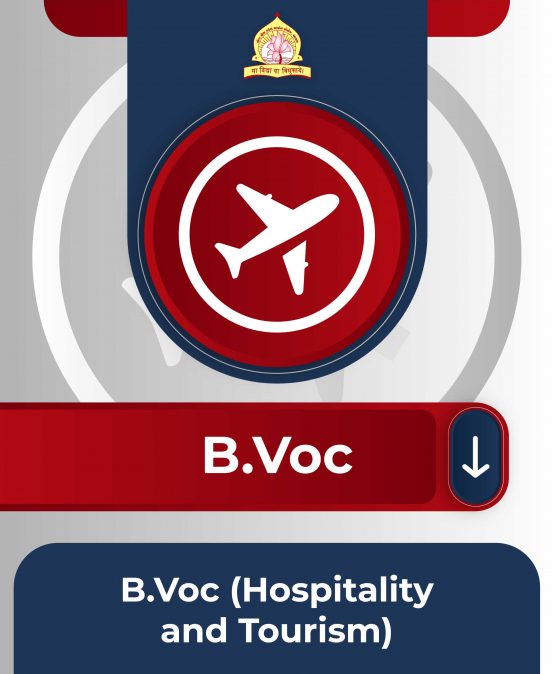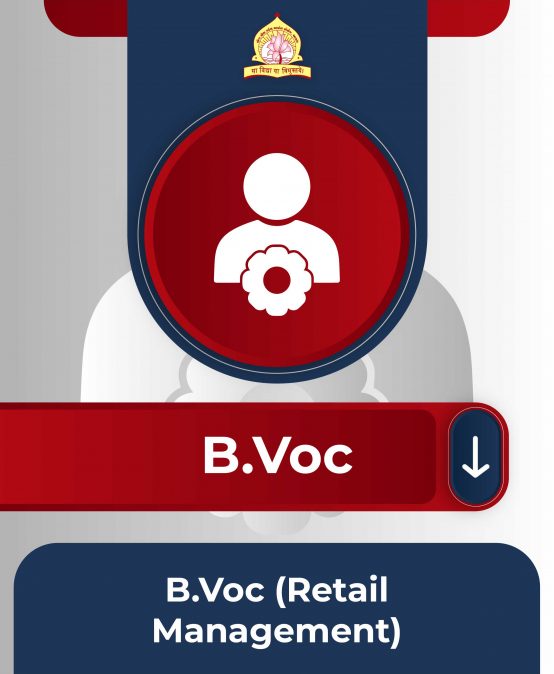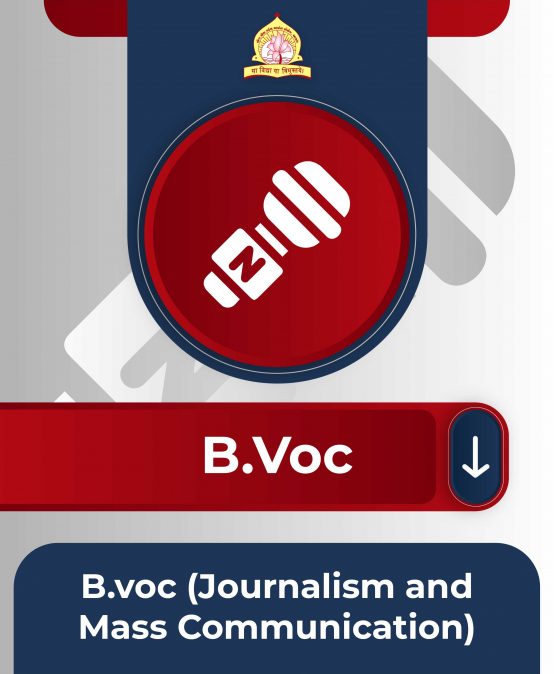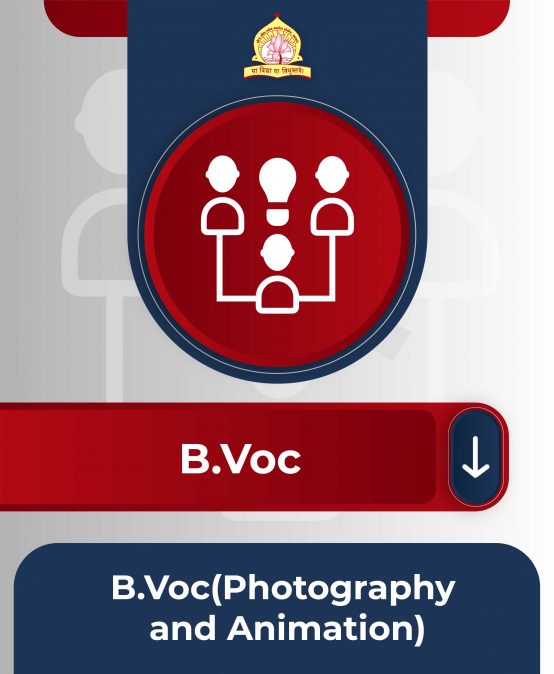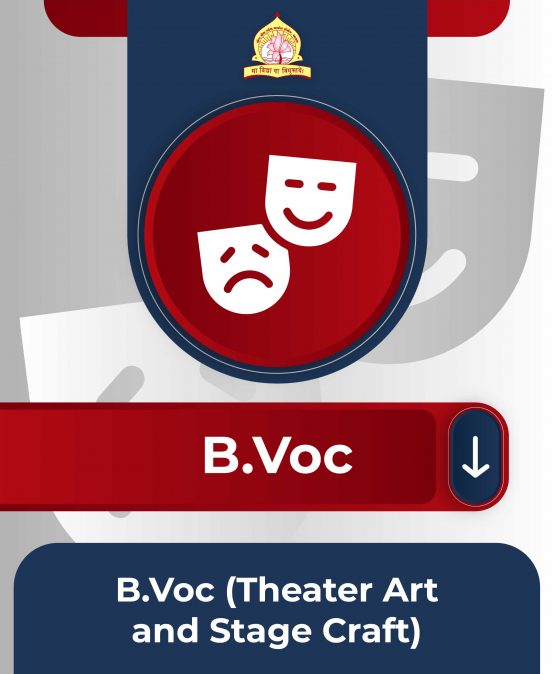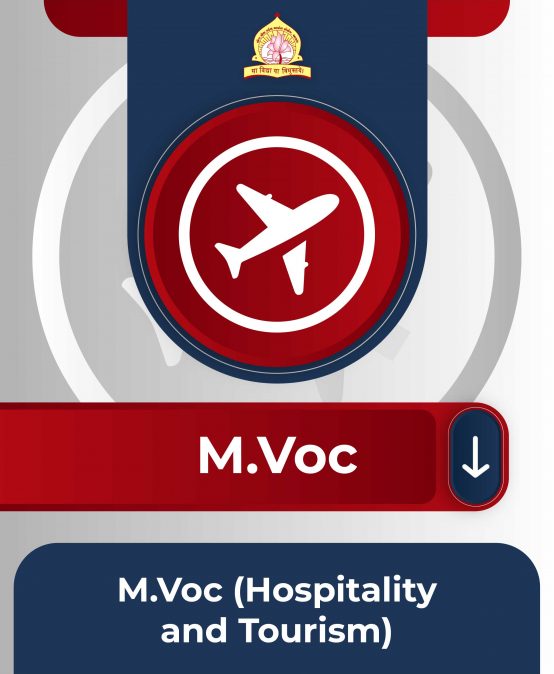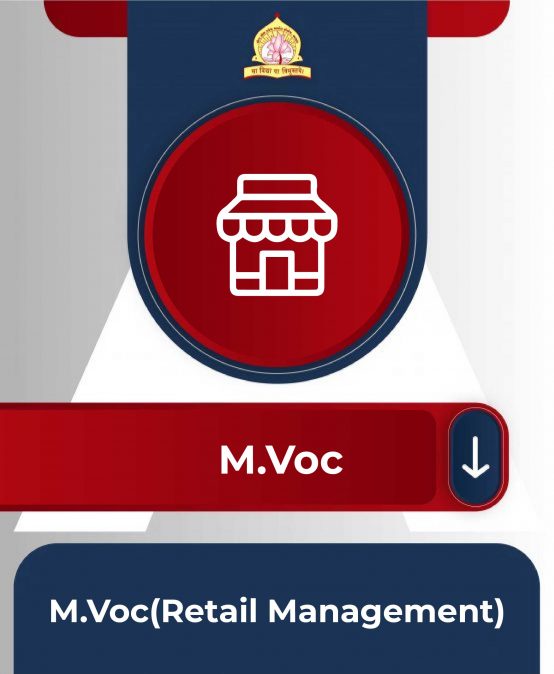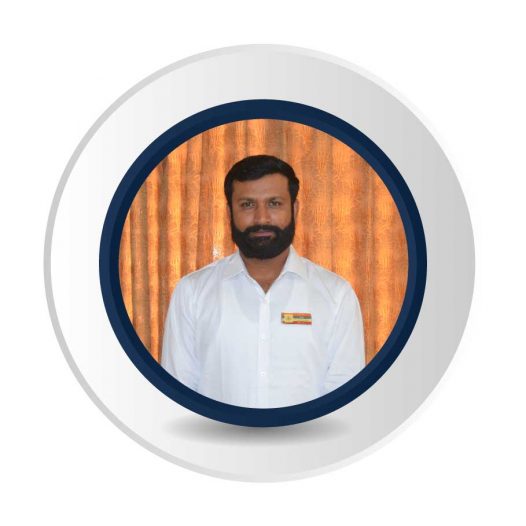Vocational or Skill-based Education is becoming more and more significant with passing time. Bachelor of Vocation is an emerging course in India that aims at providing adequate skills required for a particular trade to candidates. The course is different from traditional academic programs as it deals more with application-based studies rather than focusing on only theoretical knowledge.
B.Voc is a three-year duration undergraduate course that can be pursued in a wide range of fields starting from healthcare, food technology and hospitality, Art to creative fields like Journalism, Theater Art, Photography, Retail, Graphic designing and Beauty & wellness. One of the biggest advantages of pursuing B.Voc against common degree courses is that a candidate has multiple exit points during the program and continued industry exposure. This means that if a candidate is unable to complete his/ her B.Voc course, s/he has is still awarded a diploma after successful completion of first year or advanced diploma after successful completion of second year. Apart from this, the work experience candidates gain during the course increases their chances of getting a job.
As stated above, B. Voc course is of three years duration divided into six semesters. The course curriculum of B. Voc is industry-based which contains about 40% General education (theory) and 60% Vocational training (practical) components. This means that apart from studying the regular curriculum, all students need to undergo industrial training or project work for at least four to eight weeks in every semester.
Ithas been a long-felt necessity to align higher education with the emerging needs of the economy so as to ensure that the graduates of higher education system have adequate knowledge and skills for employment and entrepreneurship. The higher education system has to incorporate the requirements of various industries in its curriculum. in an innovative and flexible manner while developing a holistic and well-groomed graduate.
The University Grants Commission (UGC) has launched a scheme on skills development based higher education as part of college/university education, leading to Bachelor of Vocation (B.Voc.) Degree with multiple exits such as Diploma/Advanced Diploma under the National Skills Qualifications Framework (NSQF). The B.Voc. programme is focused on universities and colleges providing undergraduate studies which would also incorporate specific job roles and their NOS along with broad based general education. This would enable the graduates completing B.Voc to make a meaningful participation in accelerating India’s economy by gaining appropriate employment becoming entrepreneurs and creating appropriate knowledge.
Looking from academic level’s point of view, this is a Master’s Degree course.The academic program is two years long. Students who have completed B.Voc. or relevant Bachelor’s Degree course are eligible to apply for M.Voc. admission.M.Voc. is a relatively new course. This course was introduced by the UGC. The UGC created this course format with the aim of developing the quality of vocational education in India.Through the introduction of B.Voc., the UGC substantially improved the quality of vocational education at undergraduate level. Now it was time for UGC to introduce a PG level vocational education program!As a result, they came up with the idea of M.Voc. course. M.Voc. course was introduced with the aim of providing a good Master’s Degree in vocational education program for B.Voc. graduates.Like B.Voc., M.Voc. curriculum too focuses on practical training and knowledge. The curriculum consists of ample amount of practical training sessions, laboratory sessions and workshops.Like B.Voc., the main aim of M.Voc. course is to develop industry-specific skills in candidates. The main difference between B.Voc. and M.Voc. course is the academic level that they belong to. B.Voc. course belongs to UG level. M.Voc. course belongs to PG level
Objectives
- To provide judicious mix of skills relating to a profession and appropriate content of General Education
- To ensure that the students have adequate knowledge and skills, so that they are work ready at each exit point of the programme.
- To provide flexibility to the students by means of pre-defined entry and multiple exit points.
- To integrate NSQF within the undergraduate level of higher education in order to enhance employability of the graduates and meet industry requirements. Such graduates apart from meeting the needs of local and national industry are also expected to be equipped to become part of the global workforce.
- To provide vertical mobility to students coming out of 10+2 with vocational subjects.
| Award | Duration |
Corresponding NSQF Level |
Fees |
| Diploma | 1 Years | 5 | 5000 |
| Advanced Diploma | 2 Years | 6 | 7000 |
| B.voc Degree | 3 Years | 7 | 10000 |
